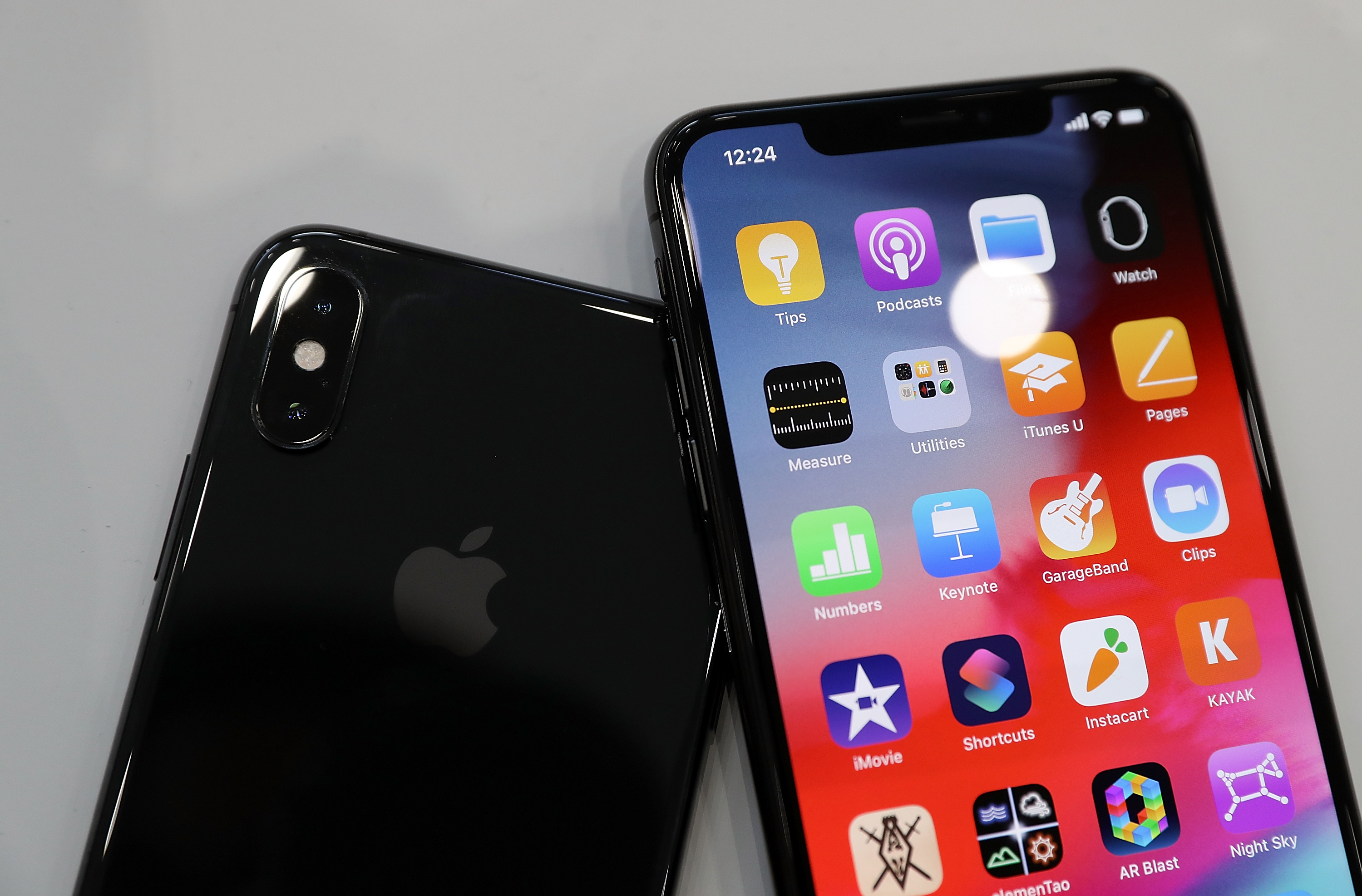How to spot counterfeit goods: five tips to identify fakes
Shoppers warned over dangers of being sold knock-off products following rise in reported cases

A free daily email with the biggest news stories of the day – and the best features from TheWeek.com
You are now subscribed
Your newsletter sign-up was successful
Brits embarking on their Christmas shopping are being warned to be wary of counterfeit products amid a rise in cases involving so-called knock-offs.
According to data from financial consultancy firm KPMG, 39 cases involving more than £116m of fake goods have been prosecuted in the UK over the past two years.
More than half the cases related to pirated films and music, while counterfeit tickets and fake branded goods were also common, City A.M. reports. In addition, cases of bootleg tobacco and alcohol totalled almost £150m over the same period.
The Week
Escape your echo chamber. Get the facts behind the news, plus analysis from multiple perspectives.

Sign up for The Week's Free Newsletters
From our morning news briefing to a weekly Good News Newsletter, get the best of The Week delivered directly to your inbox.
From our morning news briefing to a weekly Good News Newsletter, get the best of The Week delivered directly to your inbox.
KPMG said some consumers “are seemingly driven by a hunger to maintain a designer lifestyle on a low-key budget”.
But experts warn that shoppers who purchase fake goods could inadvertantly be funding human trafficking, drug smuggling and terrorism, reports The Guardian.
James Maycock, forensic partner at KPMG said: “Consumers may often turn a blind eye, or consider this a victimless crime, but this shadow economy activity often directly promotes money laundering and tax evasion.
“It can also help to fund other more serious organised criminal enterprises, including human trafficking, drug smuggling and terrorism.”
A free daily email with the biggest news stories of the day – and the best features from TheWeek.com
Here are five ways to avoid getting caught out this festive season:
Is it too good to be true?
Bargain hunters should remember the old adage “if it looks too good to be true, it probably is” when it comes to unexpectedly steep discounts on their Christmas shopping.
“Don’t buy something you know is far below the recommended retail price, no matter how tempting it may seem,” says the Which? consumer rights division.
As DI Nick Court, from the City of London Police, says: “It is highly unlikely that a pair of trainers which retail for £100 on the high street would be available for £25 online.”
In the worst-case scenario, poor quality or imitation items “might make the product unusable or even unsafe”, particularly with items such as toiletries and electrical goods, adds Action Fraud, the UK’s national fraud reporting centre.
Check logos and branding
Clues that a product is a cheap imitation may be evident before you even open the packaging, according to the Which? site. “Remember, something that’s supposed to be expensive will not be delivered to you wrapped in plastic. Be wary of anything with low-quality packaging or no logo,” the consumer watchdog warns.
Which? also recommends researching any “distinguishing holographs or features” on products before you buy, to make sure you get the real deal.
Online seller
Dodgy sellers may inadvertently give themselves away through the design of their website.
“Look for grammar and spelling errors,” says consumer guidelines on the Coventry City Council site. This may be clue that the online store is not be a legitimate operation. If you are suspicious, check where the website domain is registered, as “many websites selling fake items have their domains registered in China”.
Buyers should also ensure they are submitting their card details through a secure website. “Look for https (rather than http) when submitting payment information. Also look for a highlighted lock symbol in your web browser,” the council adds.
After-sale service
According to Action Fraud, another good way of determining the legitimacy of a product is by asking the seller whether they offer an after-sale service, and if so, what this involves.
A decent after-sales services may include a guarantee or warranty, or possible points of contact in case of technical failure or other issues.
Most rogue traders will not offer such services, while almost all trusted sellers do.
Report it
If you think you have been sold or marketed counterfeit goods, Action Fraud suggests either contacting the Citizens Advice consumer helpline on 03454 04 05 06, or reporting it direct to Action Fraud online.
-
 5 cinematic cartoons about Bezos betting big on 'Melania'
5 cinematic cartoons about Bezos betting big on 'Melania'Cartoons Artists take on a girlboss, a fetching newspaper, and more
-
 The fall of the generals: China’s military purge
The fall of the generals: China’s military purgeIn the Spotlight Xi Jinping’s extraordinary removal of senior general proves that no-one is safe from anti-corruption drive that has investigated millions
-
 Why the Gorton and Denton by-election is a ‘Frankenstein’s monster’
Why the Gorton and Denton by-election is a ‘Frankenstein’s monster’Talking Point Reform and the Greens have the Labour seat in their sights, but the constituency’s complex demographics make messaging tricky